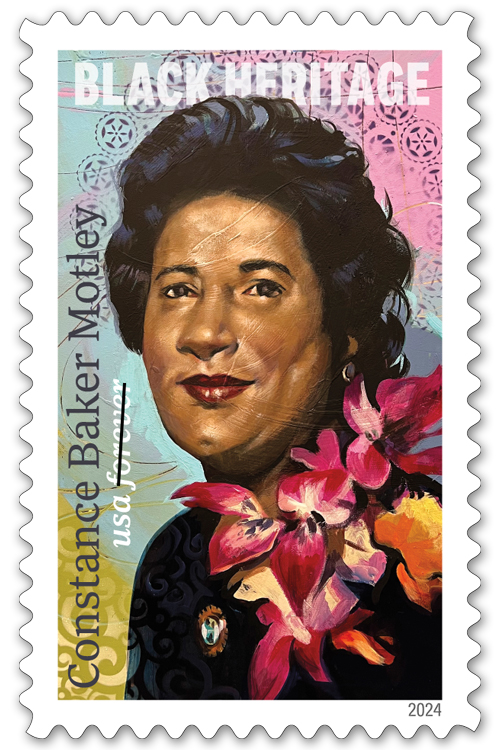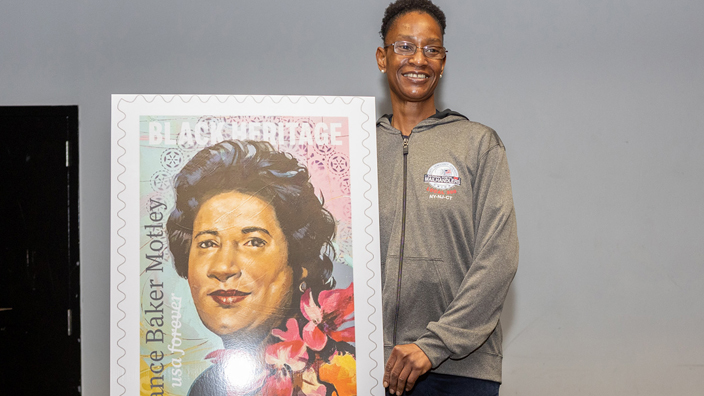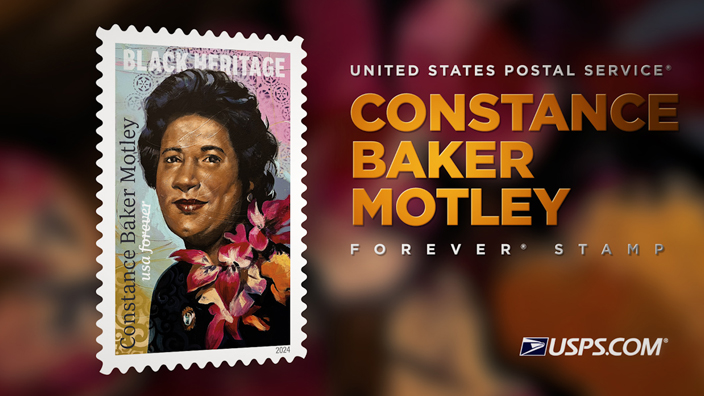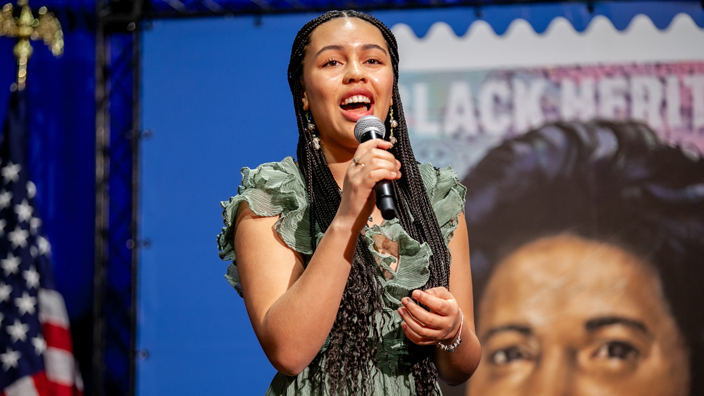Yolanda Pizarro was thrilled when USPS released a stamp in January honoring her childhood hero: civil rights icon Constance Baker Motley.
“I’m glad she is getting the acknowledgement she deserves,” said Pizarro, who is the Postal Service’s managing counsel for the Employment Law Office in Philadelphia.
Saturday, Sept. 14, marks the 103rd anniversary of Motley’s birth.
She worked for the NAACP Legal Defense and Educational Fund, becoming the first African American woman to argue a case before the U.S. Supreme Court and, later, the first to serve as a federal judge.
However, it wasn’t Motley’s trailblazing civil rights accomplishments that first inspired Pizarro.
In the mid-1960s, when Pizarro was growing up in New York City, Motley was the first Black woman elected Manhattan borough president.
“That was a big deal, but I didn’t know anything about her. I wanted to know more,” Pizarro said, recalling how she went to the library to research Motley.
When she learned Motley was a lawyer, it sparked something within her.
“That’s when I started thinking that maybe I should be a lawyer,” Pizarro said.
In 1966, President Lyndon B. Johnson appointed Motley to serve as a U.S. District judge.
Pizarro would go on to graduate from the University of Pennsylvania Law School in Philadelphia and later work as an assistant attorney general for New York from 1984 to 1995.
Eventually, Motley and Pizarro crossed paths.
“We had a lot of litigation in federal court, and I had two cases before Judge Motley,” Pizarro said. “I was awestruck. I was 10 years old when I first learned of her and now, here I was before her. I had come full circle.”
Pizarro said the professional interactions with Motley left a lasting impression.
“You had better know your case. She would ask some very good questions. Some lawyers tried to schmooze their way with her, but it didn’t work. She was tough, but she was also very fair. She listened to you. You got the sense that when you were making your argument, you were the only person in the room.”
Pizarro said meeting her role model still feels surreal after all this time.
“I never expected to ever be before her,” she said. “Constance Baker Motley put me on the path to becoming a lawyer. There were other influences, but she got me on the road. She was and is such an integral part of who I am.”



